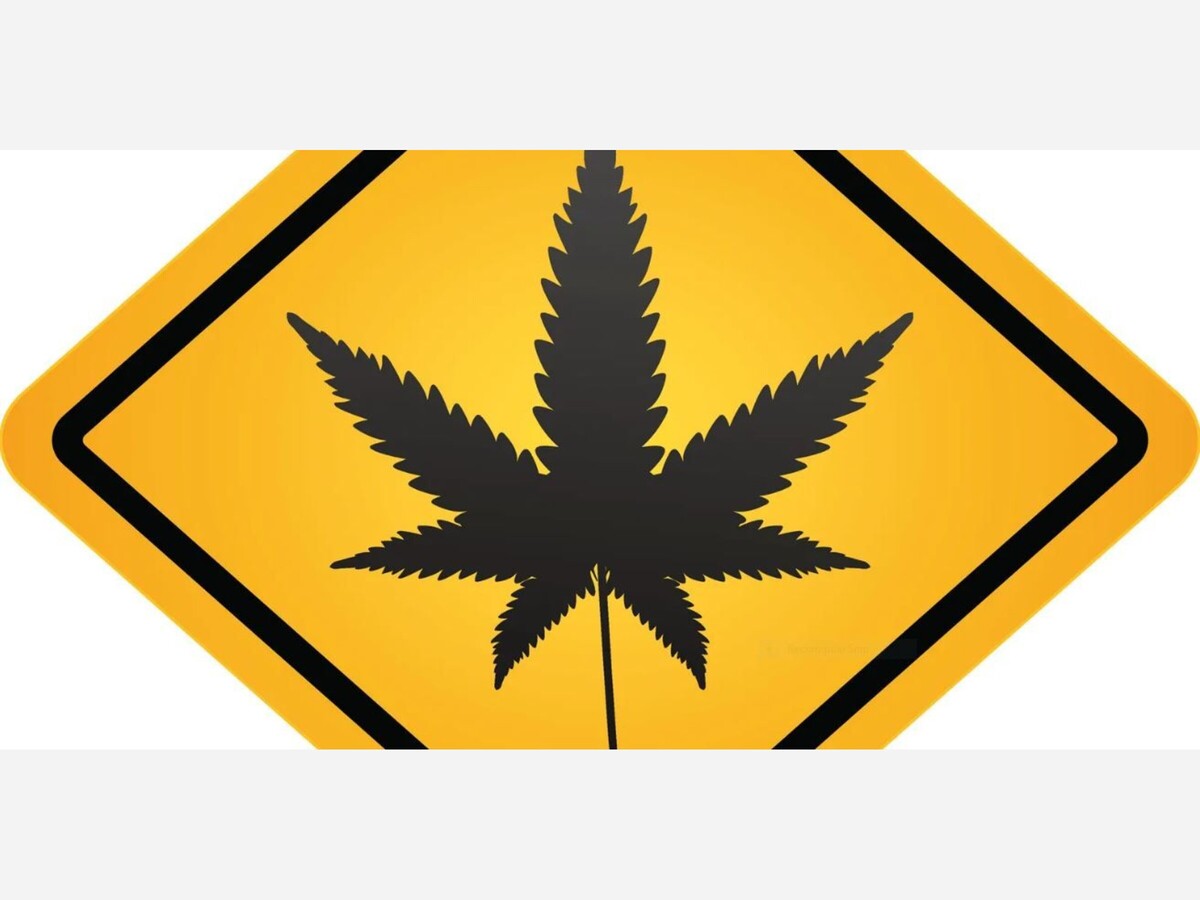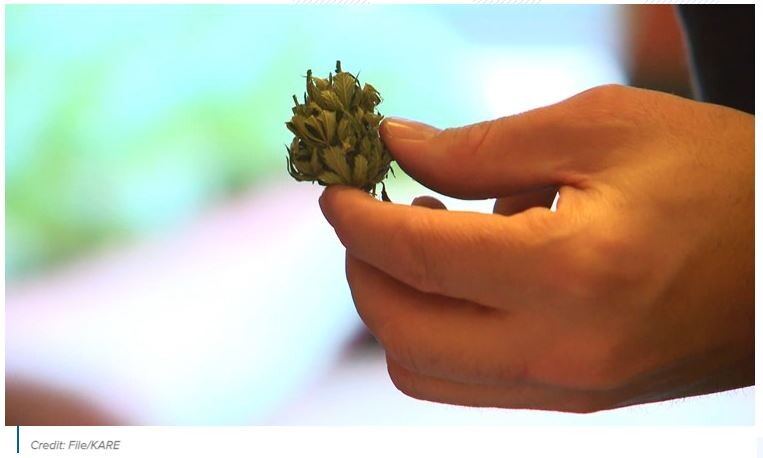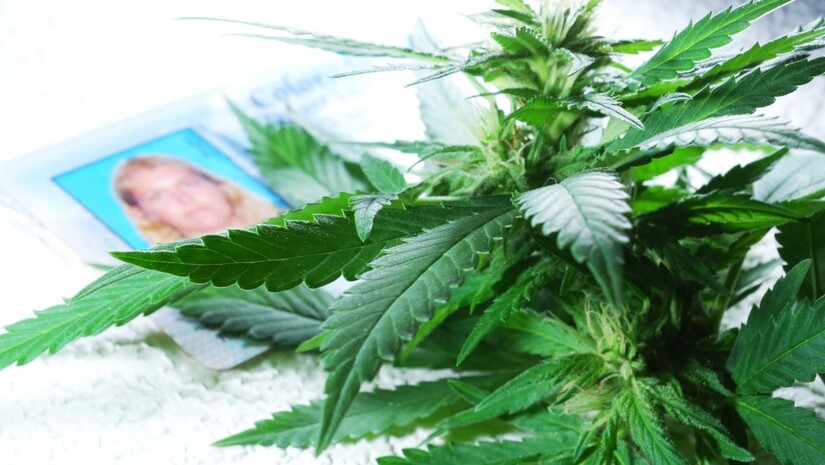Image


ST PAUL, Minn. — Several other states that have legalized marijuana, including Colorado and Washington, saw sharp increases in drivers being stopped for driving while high.
With legalization about a week away in Minnesota, officials are preparing for something similar.
Law enforcement officials announced their campaign, "Driving high is a DUI," in St. Paul Tuesday afternoon. They drew several parallels to those who drive while drunk.
"If troopers encounter a vehicle and it smells like the occupants have been smoking marijuana, you can bet that trooper is going to be looking into the situation to see if there's a violation either of the open container law," Minnesota State Patrol Chief Colonel Matt Langer said. "Which includes the prohibition of using marijuana or cannabis product while in a vehicle."

Langer added that drug-impaired driving has already been on the rise.
"Drug driving accounts for just under 7,000 DWI incidents from a period between 2012 and 2016 — compared to just under 16,000 incidents in 2017-2021," he said.
That's a 127% increase in drug driving. Fatal crash numbers also tell a story.
"So far as of today, at least 197 Minnesotans have lost their lives in crashes on Minnesota roads," Mike Hanson, the Department of Public Safety's director of the Office of Traffic Safety, said. "Of the 197, 29 of those fatalities are directly attributed to alcohol-related driving. Twenty-one of those fatalities are attributed to a drug-impaired driver and 13 of those fatalities are attributed to a combination of drugs and alcohol impairing a driver."
As a part of getting tougher on drugs, if officers suspect a driver is impaired by something other than alcohol, they can request a Drug Recognition Evaluator (DRE) to come assist with further investigation.
"It's looking at body temperature, blood pressure, pupil sizes — all kinds of things like that — so it's a scientifically validated and internationally accepted protocol that is used by a highly trained law enforcement officer," Hanson said.
Plus, the state is also working on a pilot program for one year, on oral fluid testing.
"The oral fluid project is a device that officers may use roadside to evaluate a driver and confirm that their observations of impairment are the direct result of a substance other than alcohol," Hanson added.
So far, participation in this project is voluntary and results from it cannot be used against the driver.

"It is not admissible in any court action; it is not admissible in any driver's license sanctions," Hanson explained. "This is certainly a data collection exercise as well as an exercise that will help us evaluate and certify the oral fluid technology that is available out there."
The pilot is to begin in September and will gather data for one year before presenting the results to the state legislature for further movement.
SOURCE: KARE 11